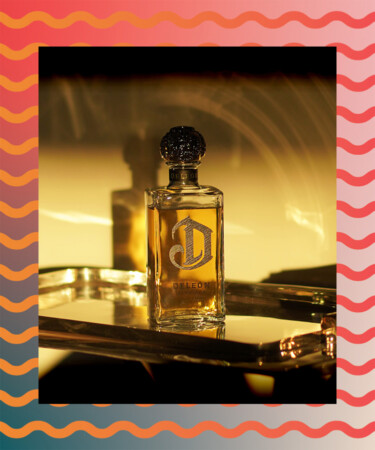More details about the broken partnership between Diageo and Sean “Diddy” Combs are coming to light.
On Wednesday, a New York Supreme Court judge ruled to publicly unseal redacted details in Combs’ high-profile lawsuit against Diageo, according to The Associated Press. Among the newly-released information are details of an alleged 2021 agreement between Combs and Diageo in which the spirits giant agreed to handle DeLeon tequila “at least as favorably” as its other brands.
The music mogul filed the suit against the spirits giant in May, alleging that racial discrimination by the company negatively impacted the distribution and promotion of spirit brands Cîroc and DeLeon. Combs played a heavy part in promoting the vodka brand — which achieved mainstream success after partnering with Combs in 2007 — and shares a 50-50 ownership for DeLeon tequila with Diageo. Diageo responded to Combs’ lawsuit in a late June court filing, stating that his claims were “false and reckless allegations.” The spirits corporation is currently in the process of formally cutting ties with the entrepreneur.
The now un-redacted details in the suit describe further allegations by Combs of racism and unequal positioning of the two spirit brands. Combs’ team claims that Diageo distributed DeLeon tequila in just 3 percent of prospective outlets — notably in “urban” areas — while fellow Diageo tequila brand Don Julio was distributed to 36 percent of outlets. DeLeon was also said to be “out of stock” in major markets some 10 times in the past year, the text states. The suit also goes on to allege that Diageo discontinued the tequila brand’s 375-milliliter format and pulled back on marketing, and that in 2021, the spirits company designated all of DeLeon’s agave plants to other brands, forcing DeLeon to quickly secure a new supplier.
The documents also indicate that Combs approached Diageo with concerns about the company’s plans to add a watermelon-flavored tequila to DeLeon’s lineup. Citing “typecast” positioning and negative, race-based connotations associated with watermelon, Combs says he opposed the flavor’s development. He also stated that he did not want to add a flavored spirit to the brand’s lineup before consumers developed more brand awareness, and claims Diageo developed the flavored tequila regardless.
“These newly revealed allegations show the legitimacy and seriousness of Mr. Combs’ concerns about Diageo’s systemic mistreatment of the DeLeon brand,” Combs’ attorney John Hueston says in an emailed statement on Wednesday. “Rather than treat DeLeon equally, as required by contract, Diageo ignored Mr. Combs’ global appeal and inappropriately pigeonholed his brands as ‘urban.’”
At the time of this story’s publication, Diageo’s legal team has not shared a public statement regarding the redacted material.
